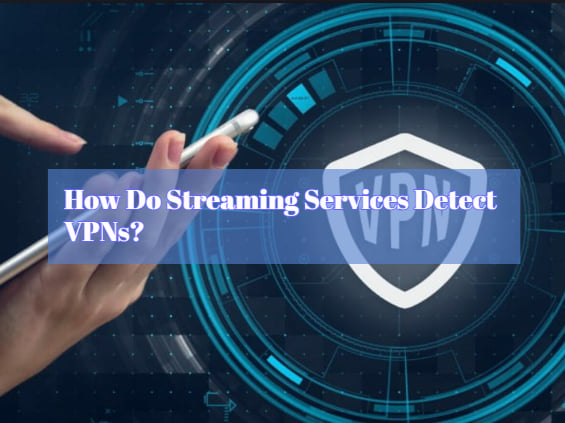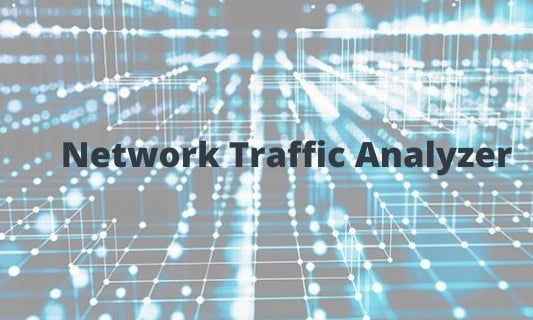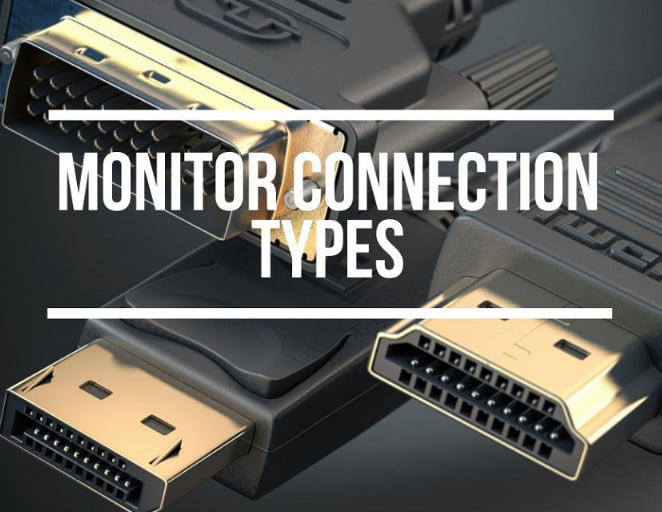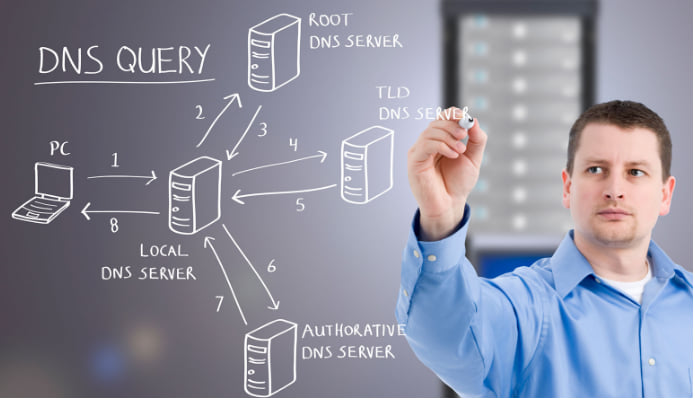Have you ever tried accessing Netflix or BBC iPlayer from another country only to be greeted by the dreaded proxy error message? VPNs are supposed to help you bypass geo-restrictions, so why do streaming platforms block them?
In this comprehensive guide, I’ll explain the methods streaming services use to detect VPN and proxy connections. Whether you’re looking to unblock Netflix across regions or watch sport events not available in your country, understanding these detection techniques is key to accessing your favorite shows worldwide.

Main Ways Streaming Platforms Detect VPNs
Streaming services use a variety of tactics to recognize VPN traffic and restrict access. Here are some of the most common methods:
1. IP Address Tracking
One of the main ways streaming platforms identify VPN use is by tracking IP addresses. Streaming services keep a database of IP address ranges associated with major VPN services. When your device connects through a VPN, it will have an IP address within the VPN provider’s allocated range. If the streaming platform detects an IP from a known VPN, they will block access.
For example, if you connect through NordVPN which uses IP addresses like 142.234.x.x, the streaming service will check their database and see that as a NordVPN range. Even if you select a VPN server in a different country, the IP address will still be in NordVPN’s block, triggering the VPN detection.
2. Analyzing Traffic Patterns

Your internet traffic patterns are like fingerprints. Streaming services use deep packet inspection (DPI) and behavioral analysis tools to recognize if traffic appears to be routing through a VPN.
Traffic coming from a residential IP address will look very different compared to one coming from a data center where VPN servers are typically hosted. The volume of users and connection types are analyzed to detect patterns typical of VPN traffic.
3. Tracking Connection Timestamps
Advanced systems track and analyze connection timestamps across users to identify suspicious activity indicative of VPN use.
For example, thousands of users connecting from a single IP address within a very short space of time is highly unusual for a residential IP address. Clustered connection timestamps paint an obvious picture of VPN traffic.
4. Tracking Location
Streaming services use location tracking measures to validate whether the content access location matches the profile’s registered country. For example, if a UK-based account is suddenly streaming content available only in the US, they can reasonably assume a VPN or proxy is being used to bypass region restrictions.
Services may analyze other location markers like GPS, WiFi networks, mobile networks, device language, time zone, etc. If these don’t correlate to the streaming site access location, it raises VPN suspicions.
5. Monitoring Connection Type

VPNs and proxies often use specific connection types like OpenVPN, SOCKS, HTTPS proxy, etc. Streaming platforms can identify the connection protocol to determine typical VPN/proxy access patterns.
For instance, BBC iPlayer blocks all OpenVPN traffic. So if you connect to a UK VPN server using OpenVPN, BBC iPlayer will instantly know you’re using a VPN.
6. Checking Protocol Stacks
The protocol stack represents the sequence of network protocols used in establishing a connection. VPN connections follow a very distinct protocol path that differs from standard direct internet traffic.
Streaming platforms can inspect this trail of protocols to accurately identify VPN use, even if the IP address appears residential.
7. Comparing Device ID
Services will track and associate your device ID across connections. When the same device ID is suddenly coming from a different country, it’s a red flag for VPN use.
Your device has unique identifiers that get transmitted. If the streaming platform detects a mismatch between your device ID and alleged location, access will be blocked.
8. Looking for VPN WebRTC Leaks
Some VPN apps don’t fully block WebRTC data leaks that can expose your true IP address and location. Streaming sites look for these leaks as evidence you are connected through a VPN.
Using a VPN that properly blocks WebRTC leaks is important to avoid giving away your real IP and location.
9. Analyzing DNS Requests

VPN tunneling intercepts DNS requests and routes them through the VPN provider’s DNS servers. Streaming services can check for DNS requests going to common VPN server IPs rather than the ISP or public DNS. This allows them to identify VPN traffic.
DNS requests leaking outside the VPN tunnel can also trigger VPN detection. A DNS lookup failure indicates the VPN app isn’t properly masking the traffic.
10. Blocking Major VPN IP Ranges
Streaming platforms maintain lists of IP addresses used by the largest consumer VPN services and actively block traffic from them. This covers a huge portion of all VPN users accessing streaming content.
While less known VPN providers may not be blocked initially, once their IP ranges generate significant streaming traffic, they’ll get identified and restricted as well.
11. Using VPN Blocklists
There are several commercial VPN blocklist services like GetIPIntel that identify IPs used by VPN providers in near real-time. Streaming sites can incorporate these frequently updated blocklists into their systems to stay on top of new VPN IP ranges.
As soon as IPs get assigned to a VPN service, they get added to the blocklist which signals streaming platforms to ban them.
12. Employing Heuristics and AI
Advanced streaming platforms use complex heuristic models and artificial intelligence to deeply analyze usage patterns beyond just IP addresses and locations.
For example, a sharp spike in streaming traffic across different shows coming from new IP ranges might indicate a VPN botnet. The platform can then flag and block this suspicious activity.
Over time, machine learning algorithms continuously improve at recognizing VPN footprints versus legitimate viewer traffic. This makes VPN detection increasingly robust.
14. Prioritizing Direct Local Connections
Streaming services optimize performance for users connecting directly without a VPN. This makes the experience noticeably faster compared to VPN connections which tend to be slower.
When users realize loading content is much quicker without a VPN, it deters VPN usage to bypass geo-blocks. The platform subtly promotes direct local access.
Is VPN Usage Completely Blocked?
While streaming platforms take VPN blocking seriously, determined users can still often bypass the restrictions with some effort:
- Using lesser-known VPN providers and servers flies under the radar better
- Residential proxy services mimic home usage patterns harder to detect as VPN traffic
- Switching VPN connection types (e.g. Shadowsocks, Stunnel) avoids protocol blocking
- Clearing cookies/cache and creating new accounts helps evade flags on device IDs
- VPN providers quickly rotate IP ranges and deploy new servers to stay ahead of blocks
- Using mobile data instead of WiFi avoids exposing VPN DNS requests
- Subscribing directly in the target country sustains access even after VPN detection
So while streaming services are getting better at identifying VPN traffic, holes still exist for users willing to put in some work. However, bypassing geo-blocks does violate the platforms’ terms in most cases.
The Cat-and-Mouse Game Continues
VPN detection and circumvention has always been a cat-and-mouse game between streaming services and certain users. Streaming companies don’t want to make it too difficult for non-tech-savvy viewers just accessing internationally. But they also must protect licensing agreements with content producers.
As streaming services expand globally, exclusivity matters less. The easiest solution is simply offering the same content worldwide. Until then, the ongoing battle between VPN users and blockers will continue. But streaming platforms hold the ultimate upper hand in controlling access to their platforms.
FAQs
What are the main ways streaming sites block VPNs?
Streaming platforms use various techniques to detect and block VPNs, including checking your IP address against known VPN server IPs, performing traffic analysis to identify VPN patterns, tracking connection timestamps and device IDs, inspecting the protocol stack sequence, and looking for WebRTC leaks that reveal your true location.
Does using a residential proxy help avoid VPN blocks?
Yes, residential proxies can be effective at avoiding VPN blocks since they route your traffic through real home IP addresses instead of the data center IPs used by most VPN services. This makes your traffic appear like a regular residential internet connection.
Can you get in legal trouble for using a VPN to access streaming sites?
In most countries, using a VPN itself is not illegal. However, bypassing geo-restrictions to access content you don’t have rights to view may be unlawful in some cases. But there is little precedent for individuals being pursued legally for personal VPN streaming.
Why don’t streaming platforms want you accessing content from other regions?
Streaming platforms geo-block content primarily to control licensing arrangements and maximize profits. Segmenting content availability allows them to charge varying prices by region. VPNs threaten this business model by allowing users to bypass region restrictions unlawfully.
Are some VPNs better than others for streaming?
Yes, reputable premium VPN services tend to be better for streaming as they frequently cycle IP addresses and use advanced traffic obfuscation techniques to avoid blocking. Free VPNs rarely work. Specialist Smart DNS and streaming VPN services also offer improved avoidance capabilities.
Will VPN blocking by streaming sites get worse or better in the future?
The effectiveness of VPNs for streaming has declined over recent years as detection improves. However, VPN technology and market dynamics shifting away from restrictive geo-blocking provide hope the situation may improve long term. But blocks could intensify in the short term.
Disclosure: The articles, guides and reviews on BlowSEO covering topics like SEO, digital marketing, technology, business, finance, streaming sites, travel and more are created by experienced professionals, marketers, developers and finance experts. Our goal is to provide helpful, in-depth, and well-researched content to our readers. You can learn more about our writers and the process we follow to create quality content by visiting our About Us and Content Creation Methodology pages.

